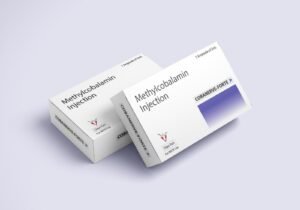
Why choose us
From breakthrough research to cutting-edge manufacturing, we are committed to delivering high-quality pharmaceutical products that cater to a wide range of healthcare needs.
- 20+ Years of Expertise
- Wide Range of Products
- Quality Brand Award Winner
- DCGI Approved Formulations
- High-quality and Super specialty Molecules
























